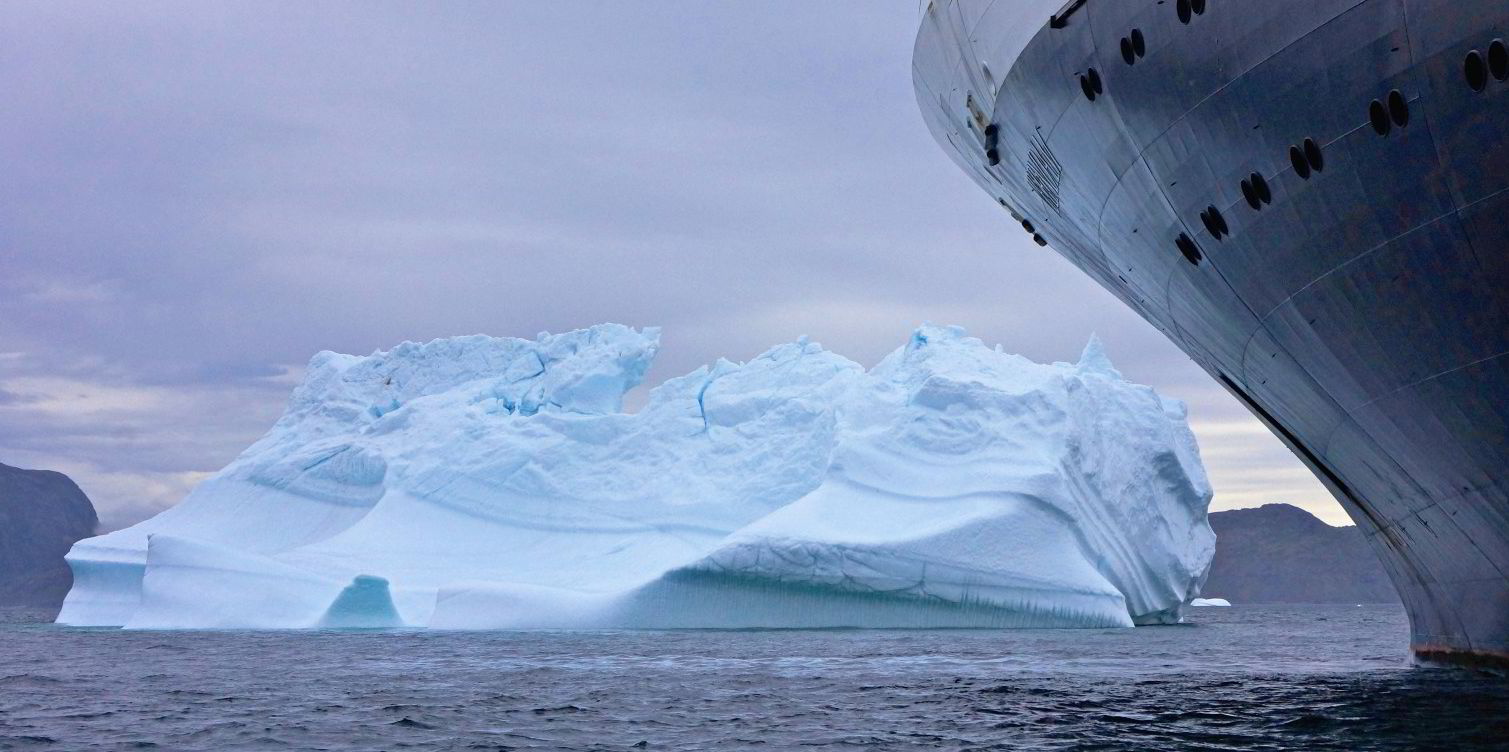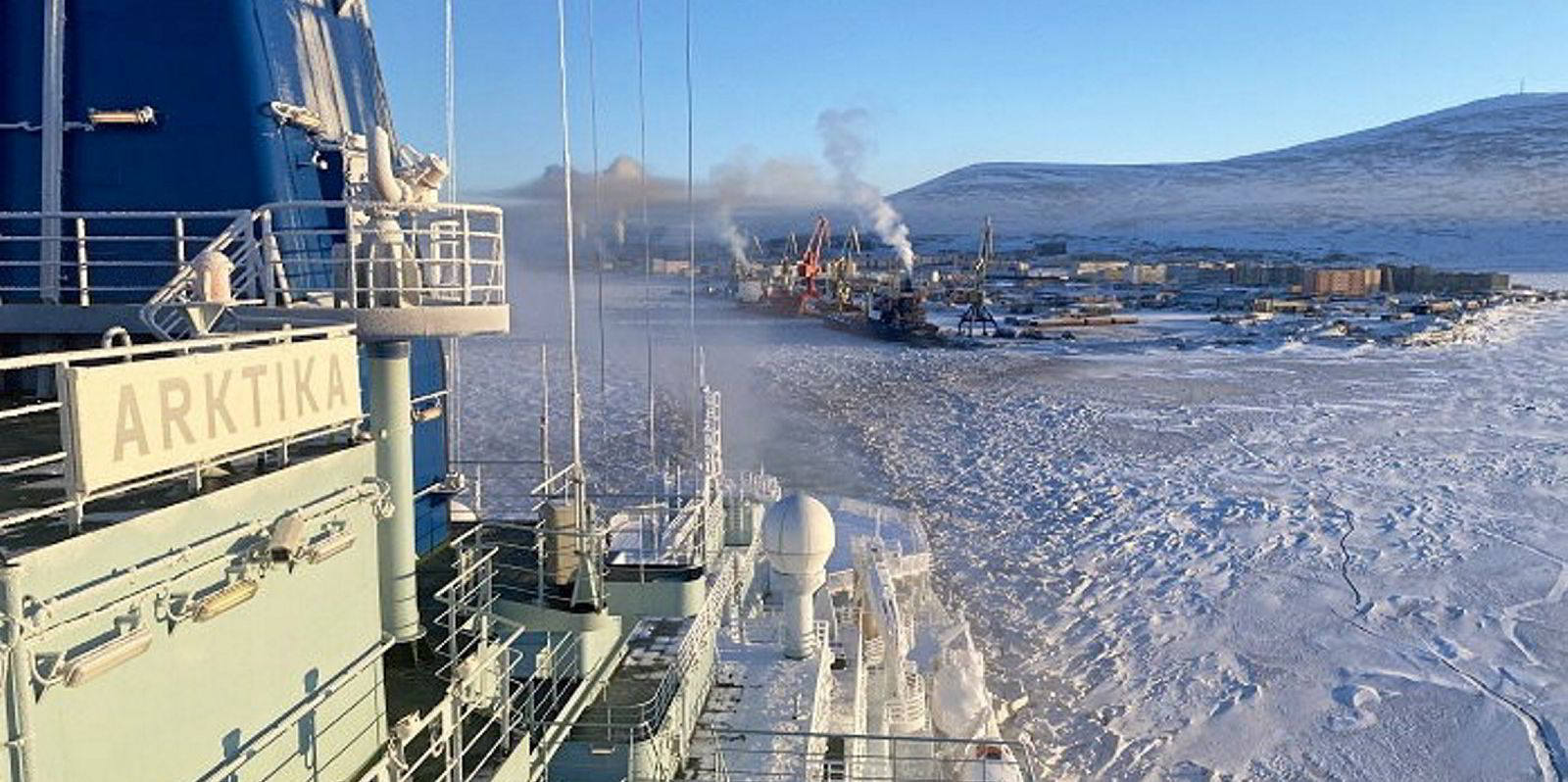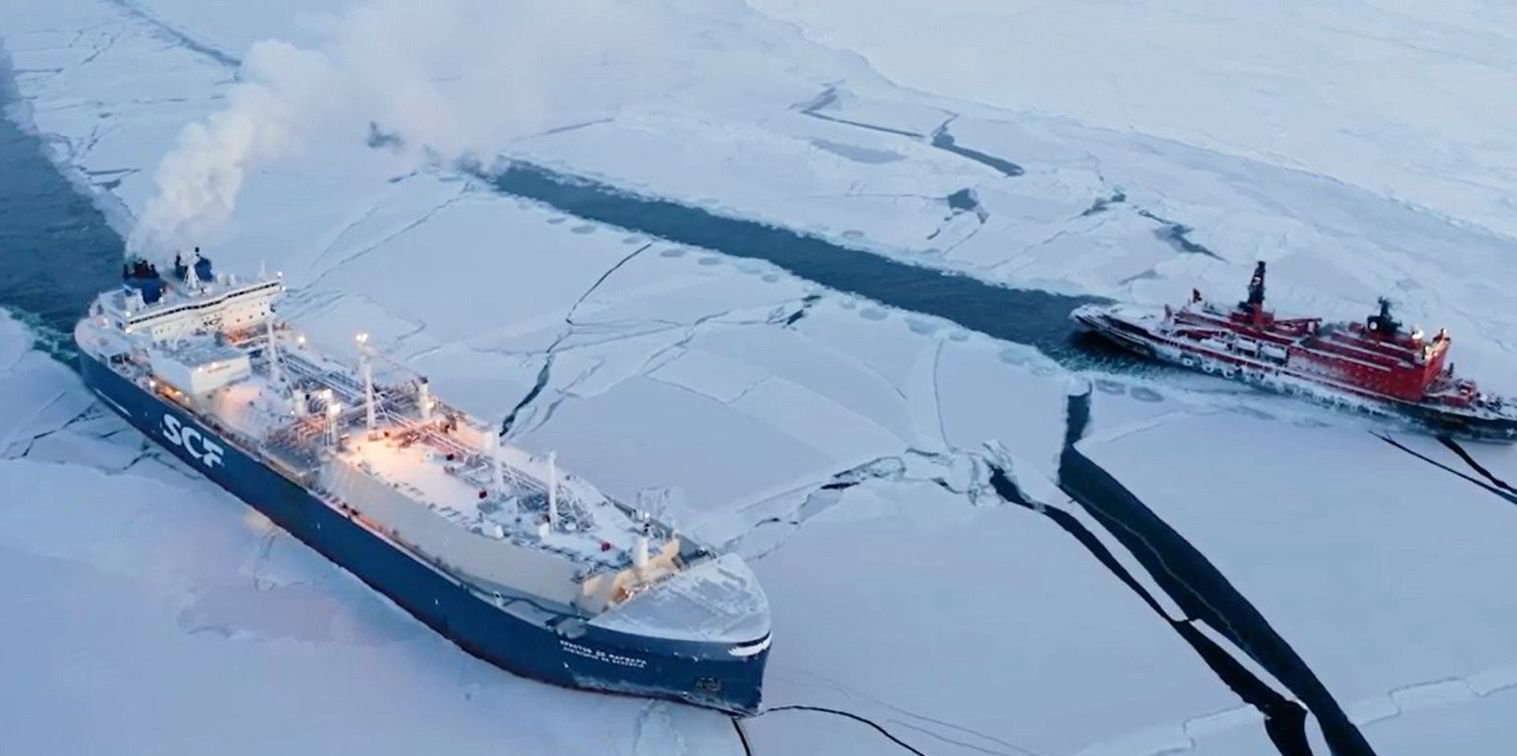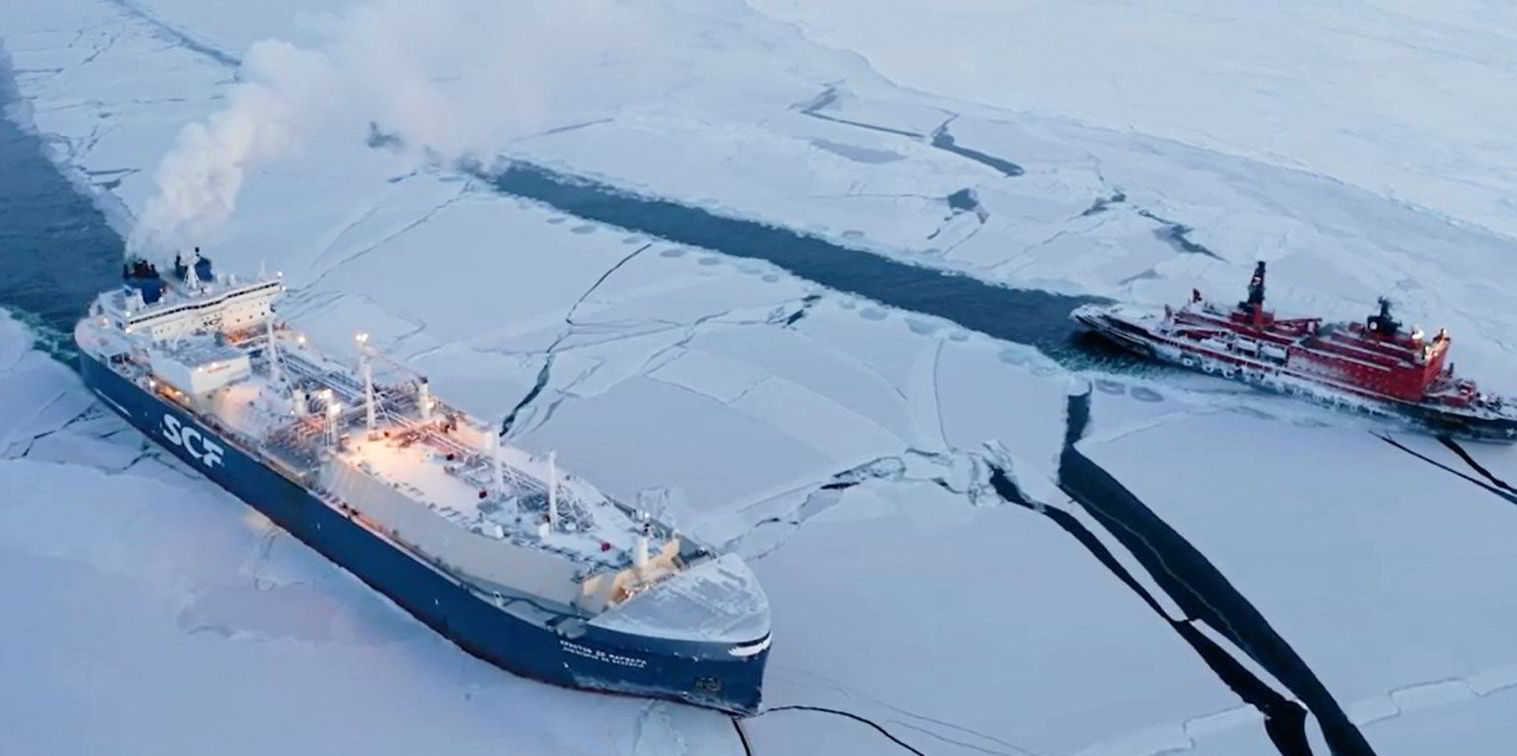Is it a desperate attempt to keep trade routes open amid G7 sanctions or simply a consequence of climate change?
Russian authorities sent one non-ice class capesize bulker and two non-ice class suezmax tankers through the Northern Sea Route (NSR) earlier this month.
NSR operator Rosatom announced on 11 September that two of its nuclear-powered ice breakers assisted the 169,200-dwt bulker Gingo (built 2000) to make the Arctic passage in 13 days, travelling east from Murmansk.
“It is worth noting that through the Suez Canal it would have taken twice as long,” FSUE Atomflot adviser Andrei Tenitsky was quoted as saying.
The Signal Ocean vessel tracker confirms the Russian statements. It shows the Gingo as having left Murmansk on around 17 August, and currently in the Sea of Japan heading for Lanshan, China with a cargo of 164,000 tonnes of thermal coal.
According to Rosatom, however, the ship is carrying a load of iron ore concentrate.
Non-ice-class bulker traffic on the NSR is not new. According to TradeWinds records, however, so far it has not involved anything bigger than some Oldendorff baby capes.
In its 11 September statement, Rosatom described the Gingo as a ship of “a record carrying capacity” for the NSR and that its crossing was “the first time that FSUE Atomflot icebreakers carried out an operation to navigate a vessel with a deadweight of over 169,000 dwt from west to east”.
The Gingo’s voyage took part in two stages: first, the icebreaker Taimyr led the vessel through part of the Kara Sea — from the Sergei Kirov islands through the Matisen and Boris Vilkitsky Straits.
The ship then crossed the Laptev Sea without help before receiving help from a second icebreaker, the 60 MW Sibir (built 2022), to make it through the East Siberian Sea.
Smaller, non-ice class bulkers are currently operating in the region as well.
The Gingo was trading until early 2019 as Cape Vanya for Cyprus Sea Lines. The vessel was then renamed Gingo under the management of Liberia-registered Light Maritime SA, with which it remains to this day.
Suezmaxes break Arctic waves

More intriguing than the confirmed crossing of the capesize Gingo, however, are parallel moves to send two non-ice class suezmax tankers through the Arctic.
Rosatom’s website contains two official permissions granted on 1 September allowing two non-ice-class tankers, the 156,600-dwt Leonid Loza (built 2011) and the 156,700-dwt NS Bravo (built 2010), to use the NSR passage independently, or with icebreaker assistance.
According to High North News — a publication of the High North Center at the Nord University in Bodo, Norway that reported on the Leonid Loza on 12 September — this is the first time that Russia is deploying a conventional non-ice class tanker on the route.
The Signal Ocean platform shows both suezmaxes as loading and leaving Murmansk earlier this month.
The Leonid Loza is currently sailing in the Barents Sea, along the western shore of Novaya Zemlya island. The NS Bravo is further west in the East Siberian Sea.
The S&P Global vessel platform lists both SovcomFlot vessels under the management of UAE-based Sun Ship Management.
Sudden opportunities
Global warming has turned the NSR into a strategic opportunity for Russia, which plans to increase energy shipments eastwards by more than 250% to 130m tonnes by 2035.
The onset of Western sanctions in the wake of Russia’s invasion of Ukraine last year makes the NSR even more appealing.
TradeWinds reported last month that at least four Russian crude tankers have taken that route during the summer. All of them, however, were ice-class vessels.
Russian president Vladimir Putin said earlier this week that it was of “great importance” for his country to develop an ice-class fleet.
Putin was speaking at the Zvezda Shipbuilding Complex while naming an ice-breaking aframax, as well as the first LNG carrier built in Russia.
Rosatom's move to send non-ice class tankers through the NSR, however, sparked less enthusiastic comments from Western observers.
“Desperate countries do desperate things,” High North News cited Michael Byers, an international law professor at the University of British Columbia, as saying.
“At least the tanker is double-hulled,” Byers added, referring to the Leonid Loza.







